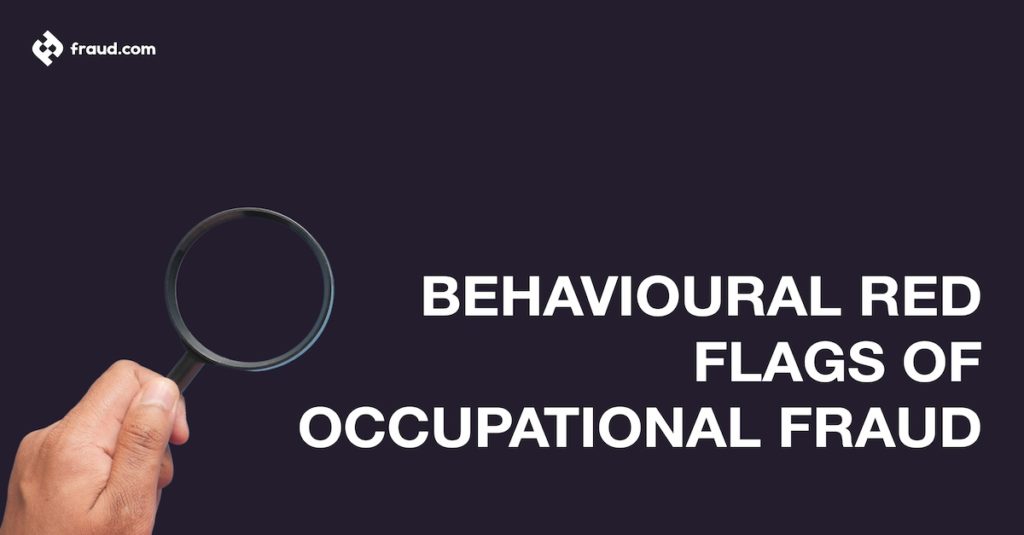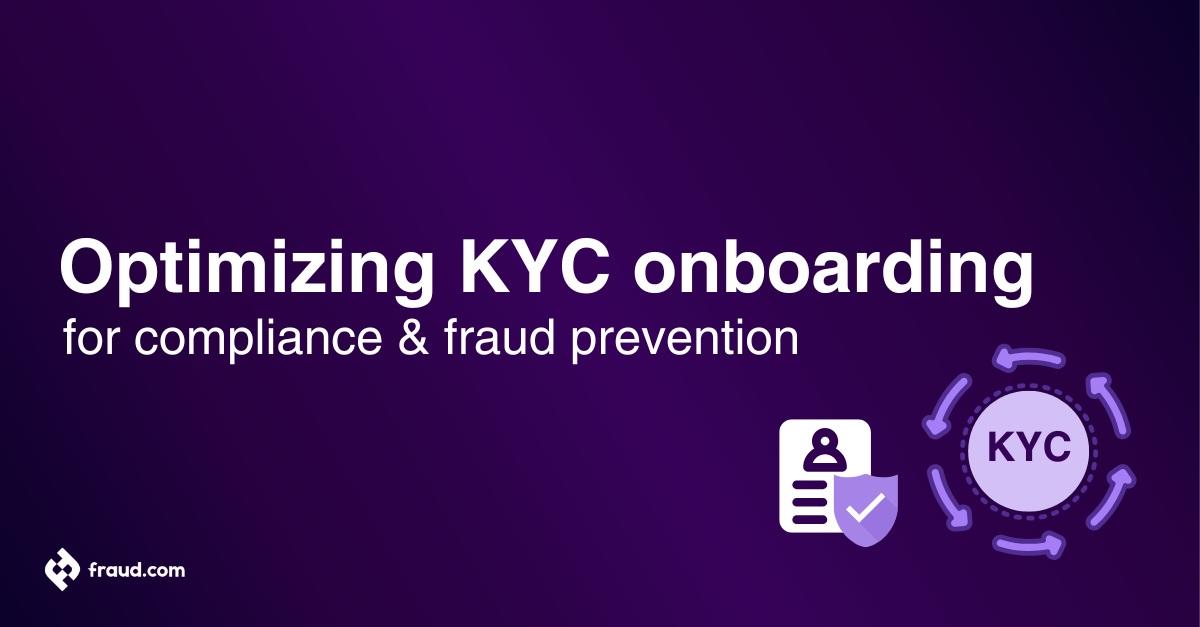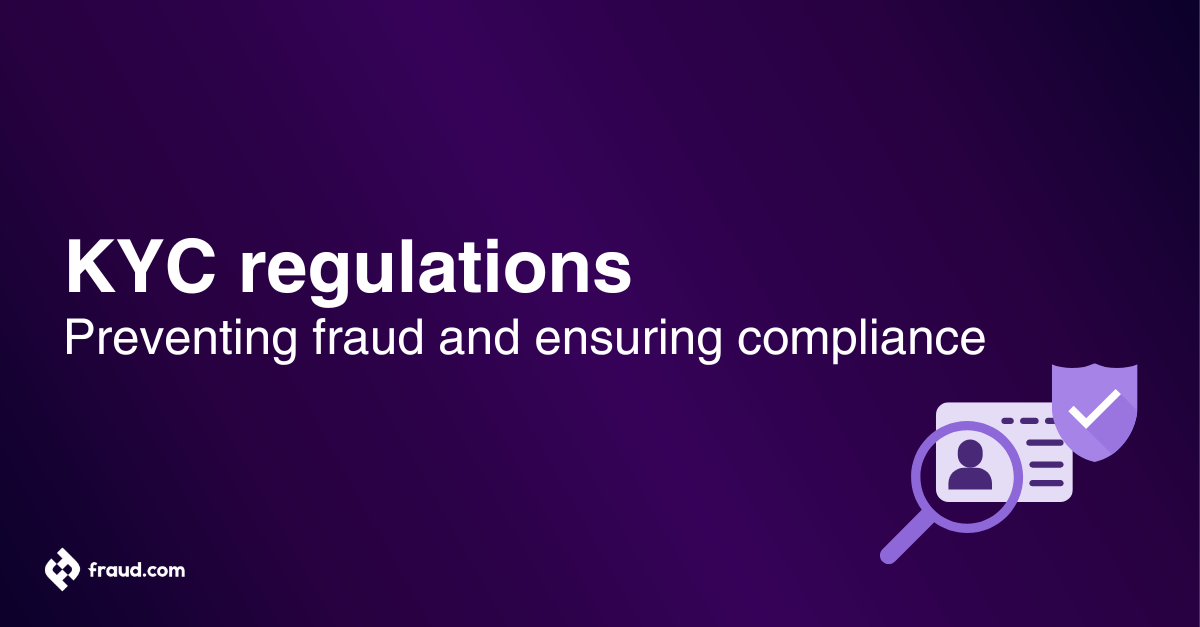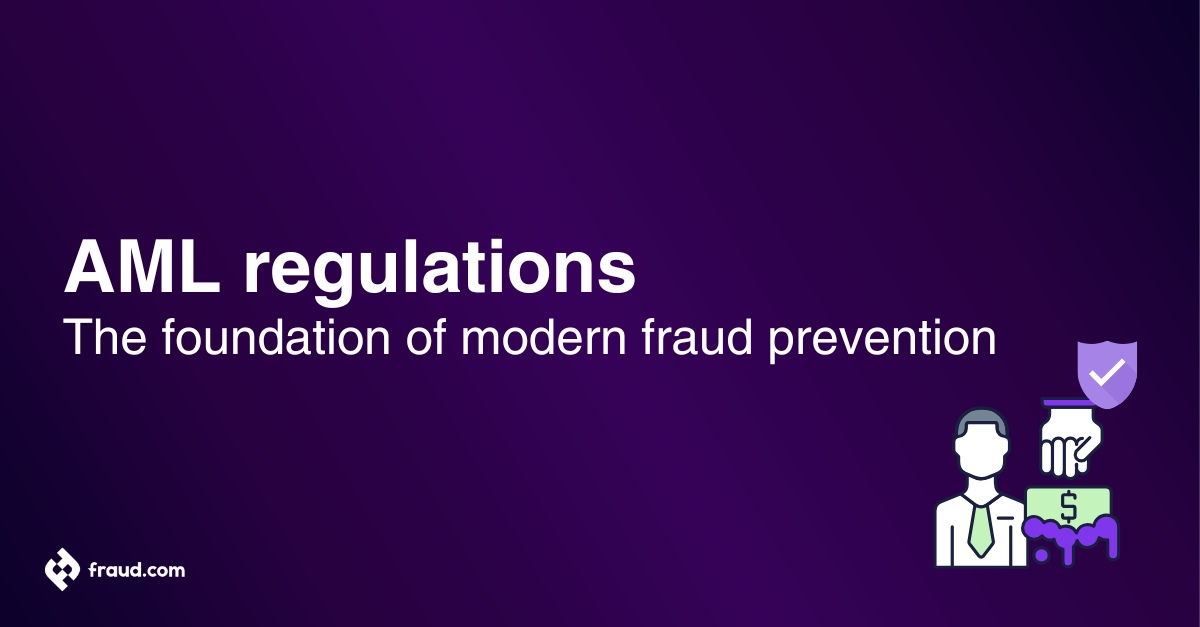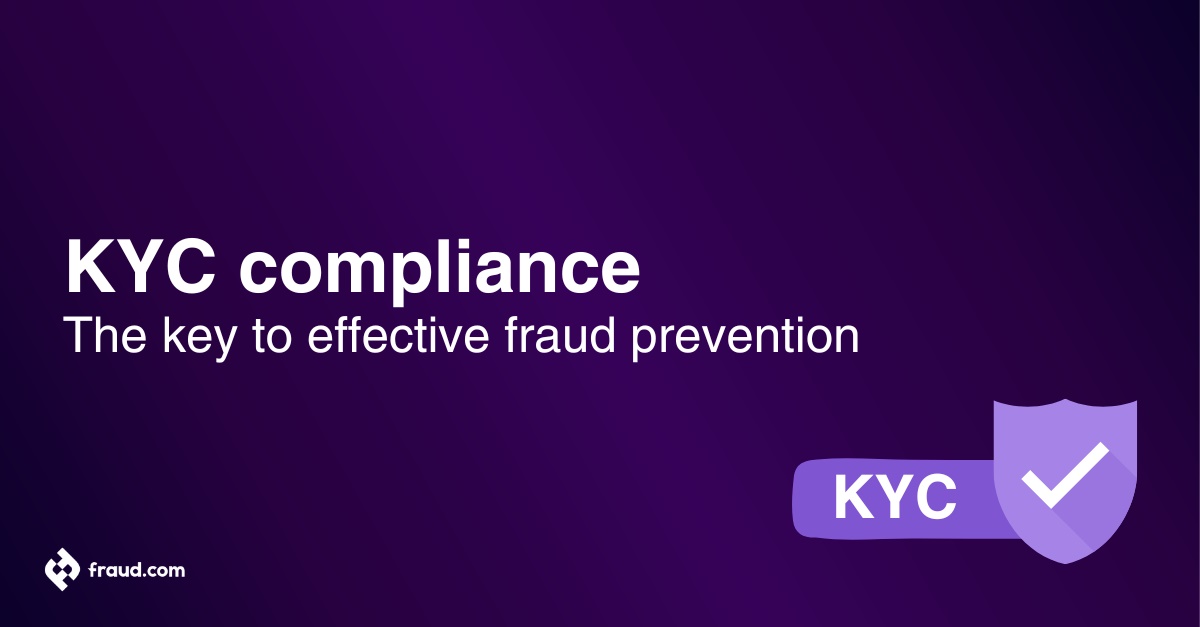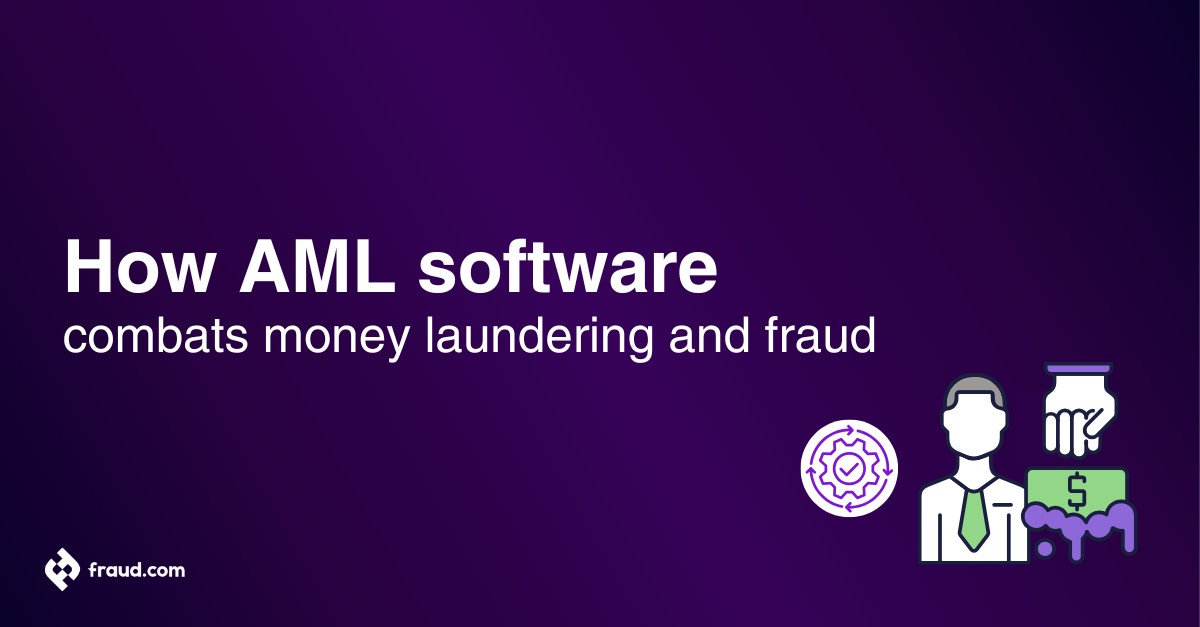Fraud is a serious problem that can affect businesses of all sizes and industries. Even the most honest people can be deceived by a fraudster, so it’s important to know what red flags and warning signs to watch out for. Red flags are visible indications that something could be wrong. They’re not proof of fraud, but they signal that further investigation is necessary.
Occupational fraud refers to when an executive, manager or employee of an organisation deceives the organisation itself. Some examples of occupational fraud are embezzlement, lying to investors and shareholders and cheating on taxes.
Fraud perpetrators are very adaptable to changes when committing fraud and red flags may not always be visible upfront when it comes to preventing occupational fraud. They often appear once you have a deeper understanding of the situation and may be indicators of more sinister intentions.
These signs can help you identify suspicious activity early before it has a big impact on your business. The Association of Certified Fraud Examiners (ACFE) released their Report to the Nations on Occupational Fraud 2022, which is the 12th edition of the largest global study on occupational fraud and it thoroughly studies the details of occupational fraud. Red flags can vary depending on the type of business and other factors, but here are some general red flags of potential fraud you should look out for:
Suspicious behaviour
If someone’s behaviour changes, especially if it seems sudden, this could indicate fraudulent activity. If a customer’s payment terms suddenly change, or if a vendor asks for a payment method you don’t normally use, those could be signs of fraudulent behaviour. If you notice that your employees have suddenly changed their behaviour and are requesting unusual access to your systems, you may have a fraud problem.
There could be some innocent reasons for the change in behaviour such as an employee taking extra precautions after seeing a data breach reported in the news. But it’s important to be on the lookout for strange or unusual behaviour that could indicate fraud.
Unexplained changes in behaviour
Changes in behaviour can indicate fraudulent activity. For example, an employee who has consistently submitted accurate timesheets suddenly starts putting in overtime on weekends. You may notice employees suddenly requesting new equipment, additional training, or other changes in their work environment that are out of the ordinary.
Again, there could be some innocent explanations for these changes in behaviour, such as an employee expanding their job responsibilities. But these changes could also indicate fraudulent activity.
New or unfamiliar vendors
If you’re suddenly dealing with new vendors, you’ve never heard of before, or vendors you’ve heard of but don’t usually work with, be careful. If the vendor is asking for extra payment terms, offering to provide something for free, or guaranteeing a certain result, be suspicious.
Vendors who ask for a large upfront payment or a percentage of your company instead of a standard rate should also be a red flag. There could be some legitimate reasons for working with new vendors, but it’s important to keep an eye out for changes in your vendor relationships that could indicate fraud.
An offer seems too good to be true
If you’re being offered something at an incredibly low price or with a promise of almost guaranteed results, be careful. If you’re offered an opportunity that seems too good to be true, chances are it probably is. There could be some legitimate reasons for an offer seeming too good to be true, but it’s important to keep a close eye on these situations.
If you’re in the process of buying something and the seller offers to throw in something extra, or you’re negotiating with a vendor and they offer to give you a lower price than they originally quoted, that’s probably not a good sign.
Poor communication from vendors
If a vendor suddenly stops communicating with you or is taking an unusual amount of time to complete a project or deliver an order, this could be a sign of fraud. If a vendor is taking a long time to complete a project and you’re not sure why, check in with them and ask what is causing the delay.
If the vendor claims they are experiencing unexpected delays and you feel the communications aren’t genuine, it could be a red flag. The same goes for communication from a customer who is supposed to pay you but is taking an unusual amount of time to do so.
Employee behaviour is erratic or unusual
If you notice a sudden and significant change in an employee’s behaviour, be careful. If an employee who has always been reliable suddenly starts making mistakes or doing something unusual, that could be a sign of fraud.
If an employee who has always been trustworthy suddenly begins demanding new equipment, vacation time, or something else unusual, that could be a sign of fraud. Behavioural changes can be difficult to spot. It’s important to pay attention to employees’ actions and the way they’re interacting with the rest of the team.
Summing up
Business fraud is a serious problem that can have a huge impact on your company. Even if you’re careful, preventing and detecting fraud should be of priority as it’s possible for a fraudster to trick you into giving them access to your company’s systems or even money. The best way to avoid being taken advantage of is to watch for red flags and be aware of the signs of fraudulent behaviour.
Keep an eye out for sudden changes in behaviour, unexplained changes in vendor relationships, and offers that seem too good to be true. If you notice any of these signs, it’s important to investigate further.

